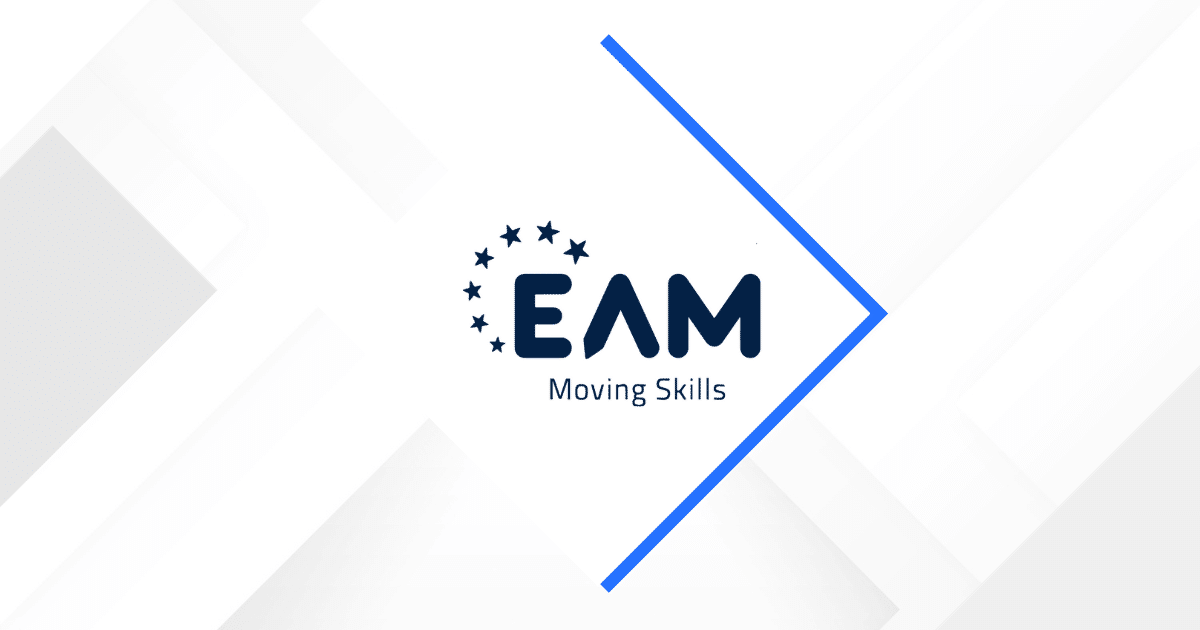COMCADES-2
In the past two decades we have seen significant changes in Europe in the ways of delivering services for disadvantaged groups, and in particular for people with disability. Services must now consider new elements such as social inclusion, user’s rights, opening to social environment and community near services. These new elements have an impact on the skills required for professionals working with persons with special needs, as well as on service management and on the structure of managing bodies. This need for adequate training and professionalisation can be seen in a bigger perspective as addressing the whole Social Economy (SE), which is a sector composed of companies that in their entrepreneurial approach carry the values of social innovation and transformation, as well as the desire for social equity and sustainable economic harmony. They are driven by the principles and values of sharing, ethics, democracy, and social responsibility. These companies are now experiencing many changes that generate a specific need for specific training and skills renewal of their managers. Therefore, it is more than ever necessary to provide these managers with high-level training focused on “agile” organisations, able to facilitate the expression and the creativity of teams, and to efficiently manage changes. This is particularly true for service providers dealing with people with intellectual disability. In ARFIE, this important topic was firstly confronted in 2008 in the context of the COMCADES project (COMpétences spécifiques des CAdres/entrepreneurs de l’Economie Sociale), which highlighted the diversity of training programmes for managers through the prism of social intervention. In particular, the project pointed out that there is no common benchmark for the social economy sector whose managerial training programmes are different in each national context.
Furthermore, the project highlighted that the identified areas of competence of the social economy deserve to be developed through a common training framework to respond to the weak European dimension of the existing training programmes.
Ten years later, a group of organisations belonging to our Network has decided to take over from the 2008 project and commit to develop an innovative action called COMCADES-2 aimed at developing a professional training for managers of the SE enterprises active in the disability field (health-care and social sector) to be tested in dedicated pilots in each country involved, and laying the foundations for a European recognition of this training.
The roundtable will be an occasion to present and discuss the results of the actions, analyse the lessons learnt and considering future perspectives for managers of the Social Economy.













